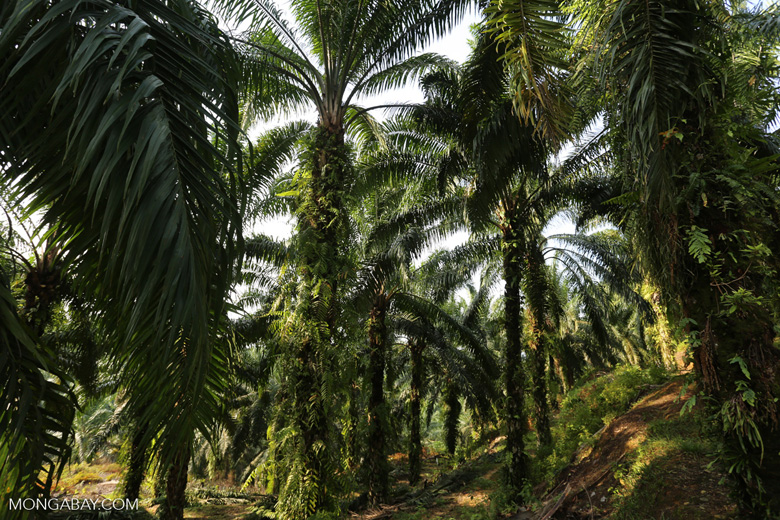- Target and Costco establish zero deforestation policies for palm oil source
- The Union of Concerned Scientists (UCS), generally welcomes the commitments from Target and Costco, but finds some faults.
- Grupo Bimbo says it will cut off suppliers who fail to comply.
Two giant retailers and a major baking company have announced new policies that establish stronger guidelines for palm oil sourcing.
As reported by the Union of Concerned Scientists (UCS), Target and Costco made commitments that the palm oil used in their own brand products — Archer Farms, Simply Balanced, Market Pantry, and up & up for Target and Kirkland Signature for Costco — won’t be sourced via the destruction of tropical rainforests and peatlands by 2018 and 2021, respectively.
The commitments roughly follow those established by other corporate giants over the past three years, although Costco’s 2021 implementation date much less ambitious than its peers. The safeguards include compliance with criteria established by the Roundtable on Sustainable Palm Oil (RSPO), no conversion of high conservation value or high carbon stock areas, traceability, and respecting human rights and labor laws, among others.
UCS generally welcomed the commitments from the retailers, which ranked at the bottom of a scorecard released earlier this year, although it found room for improvement in both.

Meanwhile Grupo Bimbo, a Mexican baking company based in the U.S., also unveiled a policy that extends to its suppliers. Suppliers that fail to comply with its commitment “will be subject to non-renewal or termination of contracts.”
Over the past thirty years, palm oil has been one of the biggest drivers of deforestation in Southeast Asia. Establishment of plantations have converted millions of hectares of rainforests and peatlands in Indonesia and Malaysia, including habitat for endangered orangutans, tigers, elephants, and rhinos. The crop is now being expanded in other parts of Asia as well as Latin America and Africa.
But in the past four years, environmental campaigners, rights groups, and scientists have made great progress in persuading companies to establish safeguards for palm oil sourcing as part of an effort to shift new plantation development away from wildlife-rich and carbon-dense lands.
